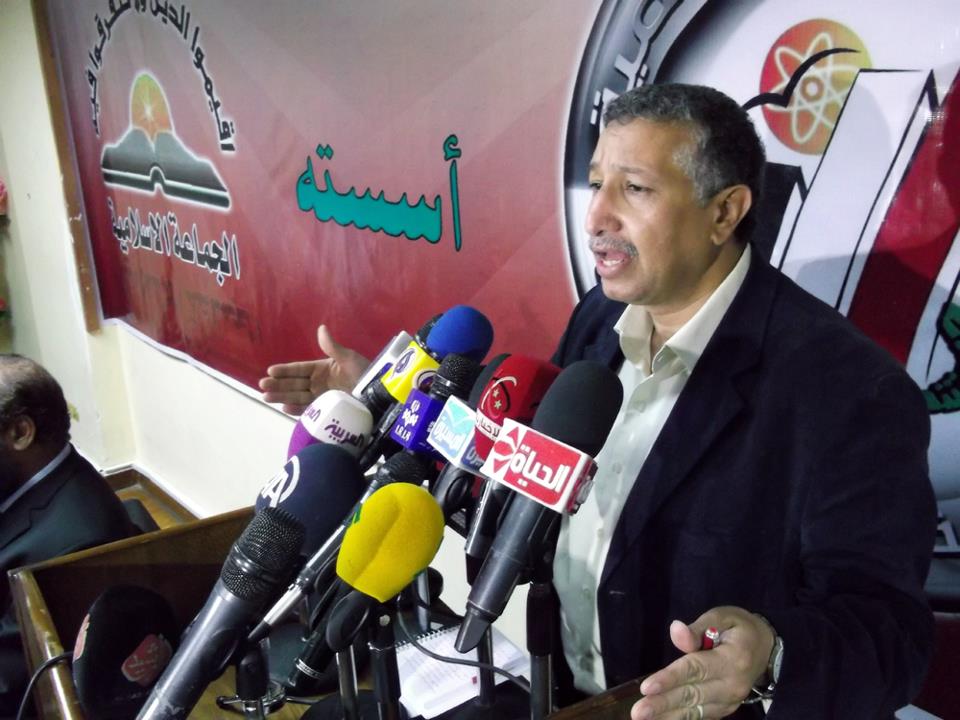PARIS: Exceptional circumstances – namely, the depth and urgency of the financial and economic crisis – have contributed to bringing an exceptional man, Barack Obama, to the American presidency. But will they also prevent him from succeeding? Will the spirit of hope that brought Obama to power triumph over the winds of economic and social despair, or will fear in the West of the looming global recession spread to Asia and destabilize its giants, China and India?
These are the major questions looming before us as the president-elect prepares the American people for what can only be a rough ride ahead.
The same Americans who cried with joy on the night of November 4 are now seized with apprehension as economic hardship becomes more real by the day, as they witness the consequences of the crisis for their neighbors, if not themselves. Faced with the urgent necessity of alleviating so many Americans’ suffering, Obama knows only too well that the “audacity of hope will not be sufficient to the immensity of the challenges confronting him.
As the world slowly moves from elation to sober realism, it is important to maintain a balanced view of what’s happening and avoid the dual risks of underestimating the truly revolutionary nature of what took place and overestimating the ability of Obama’s team to find miracle solutions.
On the positive side, a tragic legacy of American history has been transcended. The “color wall has fallen nearly 20 years after the collapse of the Wall that divided Germany and Europe. The pride that Americans – and Africans – have felt since Obama’s election is important and, one hopes, will bring long-term benefits.
America has not only re-consolidated at least part of its “soft power abroad; it has done so at home as well. Unemployment and the housing crisis are affecting Americans without regard to their color or origins. Dignity may not provide you with a roof or a job, but it helps in maintaining hope in hard times. You can ask for greater sacrifices and require greater patience from people whose trust and full support you have managed to gain.
We are also witnessing the establishment of a new balance between state and market. But this should not go too far, for there are limits to what the state can do, and the strength of private initiative constitutes one key aspect of America, which became the world’s leading nation thanks to its dynamism, flexibility, and individual inventiveness. More importantly, beyond the decline of the market and the re-legitimization of the state, we may be witnessing a rehabilitation of politics and politicians, if not of idealism.
For the first time in America since John F. Kennedy’s presidency, politics is seen as a potentially noble venture. The idea that you can make a difference not only for yourself but for your country and the world, that self-interest and personal enrichment are not the only possible goals in life for the “best and the brightest, has slowly and irresistibly been gaining ground in the Obama generation. On the night of November 4, countless Americans and non-Americans felt that ideals could indeed become facts.
But this renewal of idealism is as much a product of hope as of fear. The moment young people became tempted to join Obama’s quiet revolution was also the moment the doors of Wall Street began closing on them. There are no new openings in a world of banking and finance brought low by the greed and hubris of some of its key members. Wall Street is now facing one of the worst contractions in history.
Obama has a unique combination of intellect, character, and – so far – luck, but can he prove able to channel Abraham Lincoln, Franklin Roosevelt, and Winston Churchill at the same time? It may be too much to ask from one man. Yet the cards Obama is holding should not be underrated. Unlike Roosevelt, he has a perfect understanding of the nature of the economic challenges facing him, and, like Churchill, he benefits from the support of a population ready to follow him in a climate of national unity, at least in the short run.
Dominique Moisi,a founder and Senior Advisor at Ifri (French Institute for International Relations), is currently a Professor at the College of Europe in Natolin, Warsaw. The French version of his last book “The Geopolitics of Emotion has just been published in France. This commentary is published by DAILY NEWS EGYPT in collaboration with Project Syndicate (www.project-syndicate.org).


